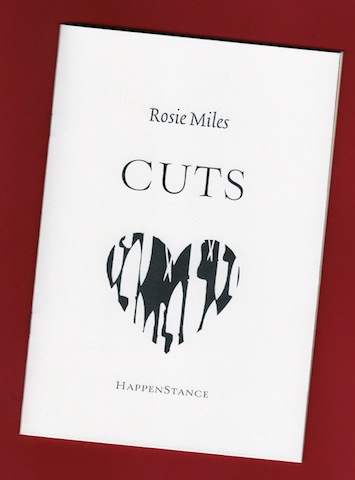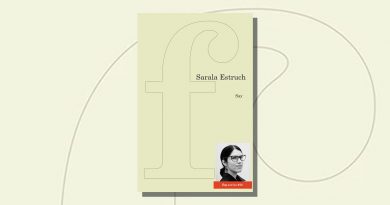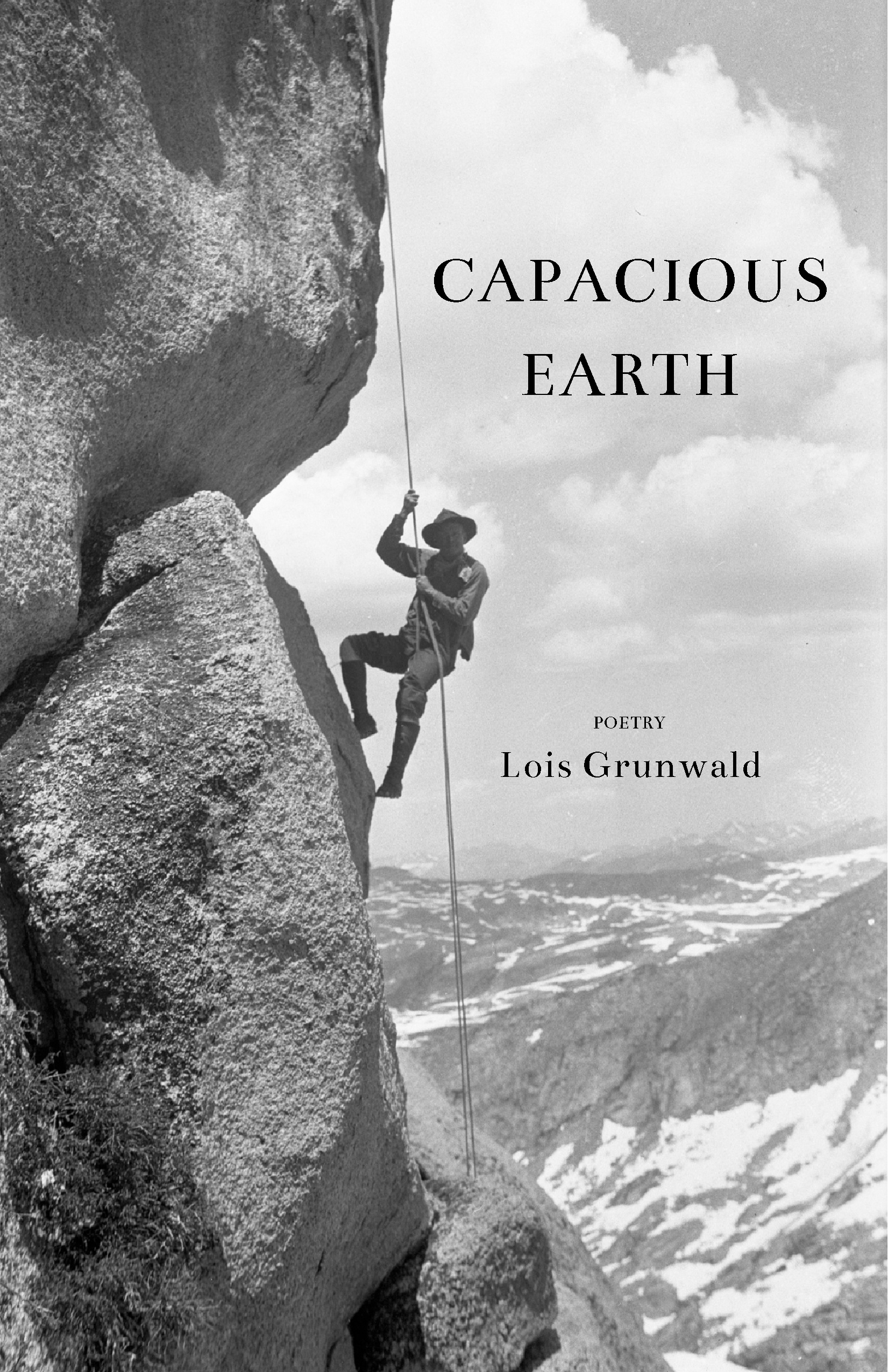CUTS by Rosie Miles
– Reviewed by Emma Lee –
Rosie Miles’ CUTS are multifaceted and not confined to physical cuts. In the opening poem, “Every Saturday Morning” the butcher, Dave, mimics customers for the benefit of a seventeen-year-old student working on Saturdays:
Dave would find me swilling out beneath
the fluorescent lights, and he’d always ask
what was I going to do with my clever life
after I’d done my poncey A-Levels.
He’d reach for the sharpening steel and the smell
of disinfectant would mingle with my raw fear
as he leaned in close to enquire, for the umpteenth time,
whether I’d got myself a boyfriend yet.
That fear cuts into the student’s ability to do her job, and the constant questioning can undermine confidence. Dave is obnoxious, cutting her down to size. In “Wragg”, another life is cut by the expectations and limitations loaded on a woman, in this case in 1865, where a serving girl taken advantage of by the master of the house is thrown out when she becomes pregnant. She gives birth in a workhouse, where she is expected to give up her baby. Instead she takes her baby and leaves, but the child is found dead through strangulation, and Wragg is about to hang for her crime.
Nothing left of me now but my name:
Wragg. Sally Wragg. Silly Wragg. Stupid fuckingcunt of a Wragg. Tomorrow at eight
I’ll stand on that trap and think of England
and I defy you to look me in the eye
you English men. Look me in the eye.
“Cuts” is a satirical poem, posing the idea that can openers can save the NHS by being used in surgery.
every household in the country
is to be given its very own can openerand trained to perform such operations at home.
The Minister for Health is certainit will also be possible to remove teeth, warts and verrucas
with can openers that have had only minimal adaptation.
Twitter cuts language into chunks of up to 140 words, useful for incisive, brief comments or sharing links. “Tweet from @Wren” uses the ubiquitous hashtag:
Fly quick to nest.
Flit to twig.
Slit in oak best
for #bitsofbug.
I found it left me asking “so what?” Wrens live individually rather than in flocks, so why would a wren share a tip on where food could be found with the competition? Perhaps I spend too much time on twitter.
Rosie Miles is best when she considers a life cut by limitations. She can capture both contemporary and historical details with confidence, while also leaving a timeless feel to a poem when appropriate. For example, “The Door had been open for some time” could belong to any era:
but I would rather stay here
with my candle and husk of breadkeeping watch over the setting silt,
counting how many layers of stone
are needed to make a wall.Who knows what the light is like out there
or whether they have bakers.
It doesn’t matter whether the walls are real or metaphorical; the poem’s focus is on the failure of the narrator to be able to change, and the imprisoning nature of anxiety. It’s done with compassion, and without judgement. The choice of “bakers” as a final word, rather than repeating “bread”, implies not just the provision of food but the social interaction required in obtaining it, and with that the potential for misunderstandings and misinterpretations that it’s simpler to avoid. One duff tweet doesn’t detract from CUTS being a thought-provoking, crafted collection.





